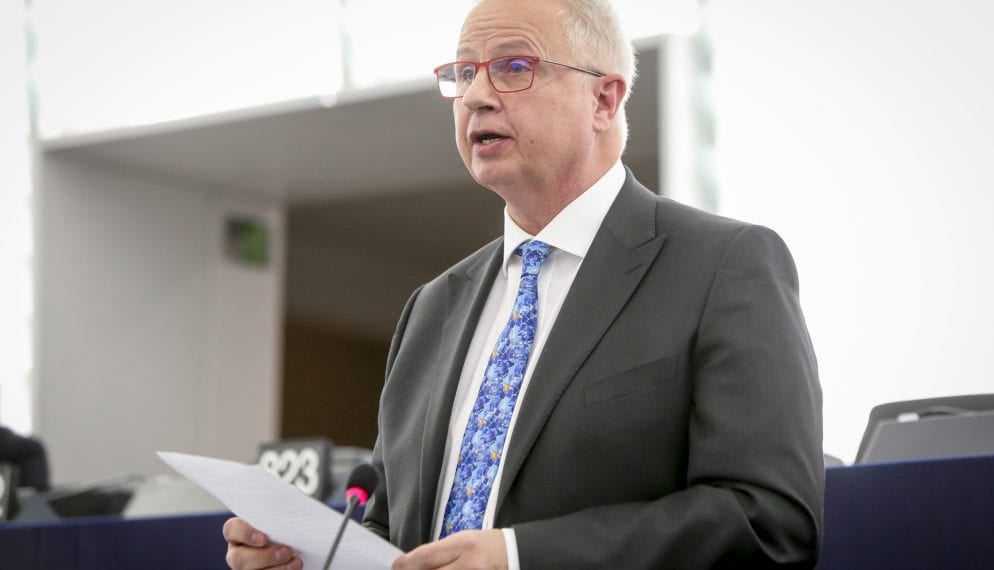
The introduction of a real right of initiative of the European Parliament would upset the institutional balance
2020. 12. 03.
At the meeting of the European Parliament’s Committee on Constitutional Affairs (AFCO), MEPs discussed the possibilities of reforming the right of initiative of the European Parliament (EP). Fidesz MEP László Trócsányi emphasized in the debate that giving the EP a real right of legislative initiative would reduce the European Commission’s power of initiative, upsetting the institutional balance between the Council, the Commission and the EP.
In his speech, the Fidesz MEP stated that the debate was to be welcomed, but he does not share the views of the expert heard in the committee meeting. He pointed out that a fundamental conceptual problem with the proposal was that, although its members were directly elected, the European Parliament does not bear sovereignty and has a function that is different from the role of national parliaments. In the Member States, sovereignty is given to the people’s representative body by the nation and people, which is the essence of the principle of popular sovereignty, while in the case of the European Union, the Masters of the Treaties are the Member States. A good example of this is that, while national parliaments can adopt constitutional amendments, the European Parliament, although its members are directly elected, does not have the right to amend the Treaties, this right rests solely by the Member States.
It is clear that it would undermine the Commission’s power of initiative and upset the balance between the institutions if the European Parliament were given a real right of initiating legislation. The European Council is the body that sets the EU’s policy agenda. The Commission may propose legislation in the framework of a decision of the European Council.
“The balance between the EU institutions is delicate, we would disturb this balance by introducing the real right of initiative,” the Hungarian MEP stated. In addition, such institutional proposals would require the involvement of Member States in the debate, especially in the case of proposals for Treaty changes.
However, he emphasized that there was room for improvement within the current institutional framework, so that strengthening European Citizens’ Initiatives would bring significant benefit in terms of citizen participation. There would also be many opportunities for meaningful co-operation and discussion of European issues between the national parliaments and the European Parliament. The idea of strengthening the role of parliamentary scrutiny should be considered. The role of the yellow card procedure needs to be strengthened and its operation needs to be reconsidered, as the position of national parliaments does not appear enough in EU decision-making.
Background: Under the EU Treaties (with a few exceptions), the European Commission has the right to initiate legislative procedures. The European Parliament’s Committee on Constitutional Affairs held an exchange of views on whether it would be necessary to introduce the European Parliament’s real right of initiative by enshrining it in the Treaties or by other means. However, this endeavor raises a number of questions about the role, balance, and mission of the institutions.